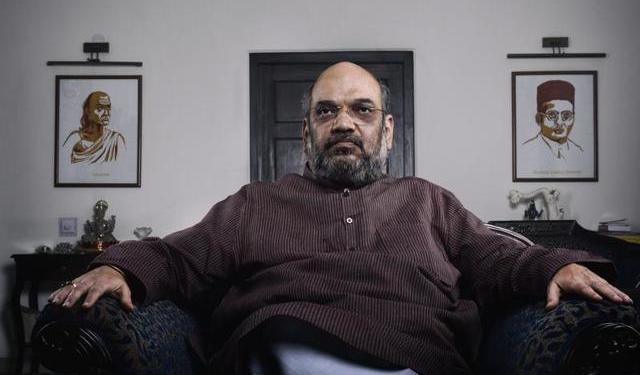Continuing with his proactive working style, Ministry of Home Affairs under the leadership of Amit Shah is already seeing accelerated efforts towards building on a robust national security profile. In the current session of Parliament, Amit Shah along with his deputies G Kishan Reddy and Nityanand Rai has been successful in getting important and critical legislation cleared with virtually little or no opposition at all. The most recent of example of which is the much critical National Investigation Agency (Amendment) Bill which was passed by the lower house on Monday with 278 votes in favor compared to just six against.
The new legislation will empower the NIA to conduct investigation in any part of the world if any terror attack targeting Indians or Indian interests takes place. The new legislation also empowers the Central Government to designate existing sessions court as special NIA courts, it also extends the scope of the NIA to probe offences related to cyber crime, counterfeit currency, human trafficking and sale of illegal arms among others.
Speaking on the NIA Bill Amit Shah had said, “Terrorism has no religion, no caste, no gender. It is against humanity. The government will take all stakeholders along in fighting terrorism in a zero tolerance policy.”
Earlier Amit Shah had also bulldozed his way through the parliament into passing two important legislation one calling for extension of President’s Rule in Jammu and Kashmir for six months and another important Jammu and Kashmir Reservation (Amendment) Bill, 2019. The principal opposition parties, Congress, Trinamool Congress, and the Samajwadi Party had aided the current dispensation in passing the two bills. The smooth sailing of the bills through Rajya Sabha was a major victory for Amit Shah as this was the first legislative agenda of Amit Shah as the Union Home Minister.
Though BJP enjoys a clear majority in the lower house, nonetheless Amit Shah was successful in creating a consensus as the bills fared through the lower house with the support of several non ruling parties. In the upper house too the manner in which the two crucial bills have been passed surely comes as a welcome sign for the Modi government. Rajya Sabha, where the BJP lacks a majority the supposed unity of the opposition was nowhere to be seen.
The opposition, if it gets united, could have enjoyed a position of strength in the upper house by blocking bills tabled by the government. However, the opposition parties have clearly failed to come together on certain crucial issues. They clearly have different stands and this sets up the entire scenario nicely for the Modi government even as it would look for the introduction of more such legislative instruments in the future as well. For the Jammu and Kashmir Reservation (Amendment) Bill, 2019 passed by Rajya Sabha, supporting parties included Rashtriya Janata Dal (RJD), Janata Dal United (JDU), and Biju Janata Dal (BJD) while Left, PDP and DMK opposed the bill.
A down and out Opposition was expected to put up a vigorous fight in the parliament to stall the legislative agenda of the government, but it is the administrative and political genius of Amit Shah that almost negligible resistance has been seen in the parliament against these legislations, which is surely sets a positive precedent for the administration.































